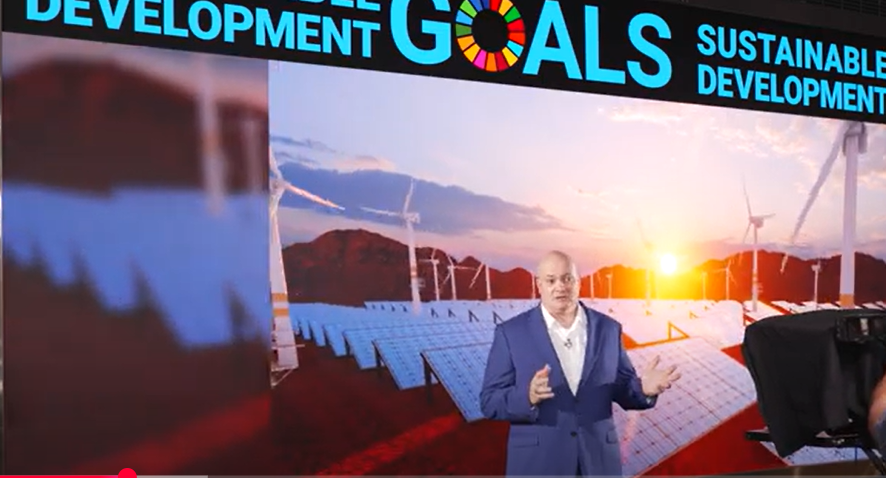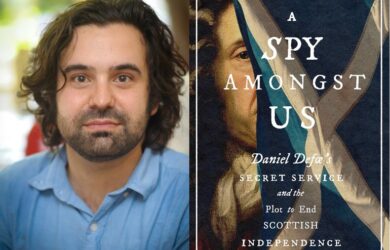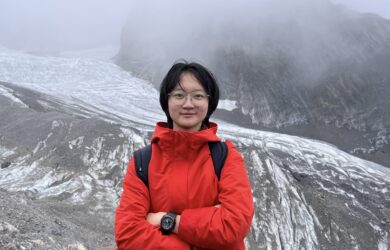
Rob Perrons devises UN course to promote innovation when it comes to building a cleaner extractive mining industry
A Gates Cambridge Scholar has developed a course for the UN SDG Academy to help leaders in the extractive industries play their role in making the transition to more sustainable energy happen in a useful timeframe.
Rob Perrons was asked to develop the online training course or MOOC on “Managing Innovation and New Technologies in the Extractive Industries” which has recently been released.
The SDG Academy was established to give companies, governments, and stakeholders around the world the skills that they will need to breathe life into the UN’s Sustainable Development Goals (SDGs) and deliver them in the real world. Extractive industries like mining are at the heart of most countries’ energy transition ambitions, but managing technological change in these sectors remains a challenge.
The new course equips participants with tools and ideas to enhance innovation and research and development, with the ability to contribute significantly to SDGs 7 (Affordable and Clean Energy), 9 (Industry, Innovation and Infrastructure), and 13 (Climate Action). In collaboration with experts in industry, academia and policy, it seeks to give participants the toolbox they will need to innovate to scale up the production of minerals needed for clean energy as well as to reduce the environmental impact of legacy energy systems like coal mining. It will look at questions such as why innovation is so low in the extractive industry sector compared to others, how to explain the value technology can bring to the industry and why open innovation matters.
Rob [2001] did a PhD in Engineering and worked for many years at Shell International, rising to the position of Executive Coordinator of Global Research & Development, before going back to academia. He is currently Professor of Technology Management and Strategy at the Queensland University of Technology in Brisbane. He also serves as an adviser to Unearthed Solutions, EnergyLab, and several energy and resource sector technology start-ups around the world, is a member of the United Nations Resources and Energy Expert Group and advises the Australian Government on an ad hoc basis as a member of their Expert Network to advise on matters related to innovation and emerging technologies in the energy and resource sectors.
*The introduction video is available here.












